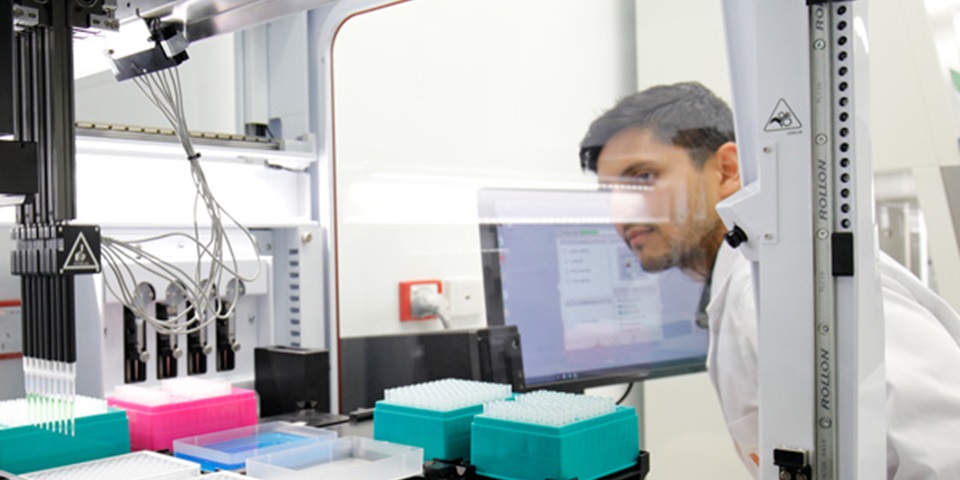Unravelling muscle loss, cognitive decline and cardiovascular disease in baby boomers
Technology utilised
Nuclear Magnetic Resonance Spectroscopy, Mass Spectrometry

An ageing global population is increasing the rate of death from non-communicable diseases. Researchers at the ANPC are working to identify metabolic signatures that can help deliver early nutritional interventions that promote healthy ageing.
What is the need for this project?
In 2030, there will be more people in Australia aged over 65 years than children aged under 14 years.
The loss of muscle mass, cognitive decline and cardiovascular disease are major contributors to the progression of ill-health among this ageing cohort.
The ANPC is seeking to better understand the causes and metabolic pathways associated with these diseases so that we can help clinicians develop more effective interventions.
What research are we undertaking?
The ANPC is performing metabolic profiling using nuclear magnetic resonance and mass spectrometry on serum samples from 2,000 participants in the Busselton Healthy Ageing Study - Australia’s most defined large population cohort study.
This will determine metabolic phenotypes (phenomes) integrating genetic, environmental and microbiome exposures, and their association with each of the outcomes of interest.
Data generated will be modelled to identify metabolic pathways associated with sarcopenia, cognitive decline and metabolic syndrome.
What are the key outcomes?
This study will identify potentially unique biomarkers and therapeutic targets for clinical and dietary intervention – leading to healthier individuals as they age.
Technology utilised
Nuclear Magnetic Resonance Spectroscopy, Mass Spectrometry